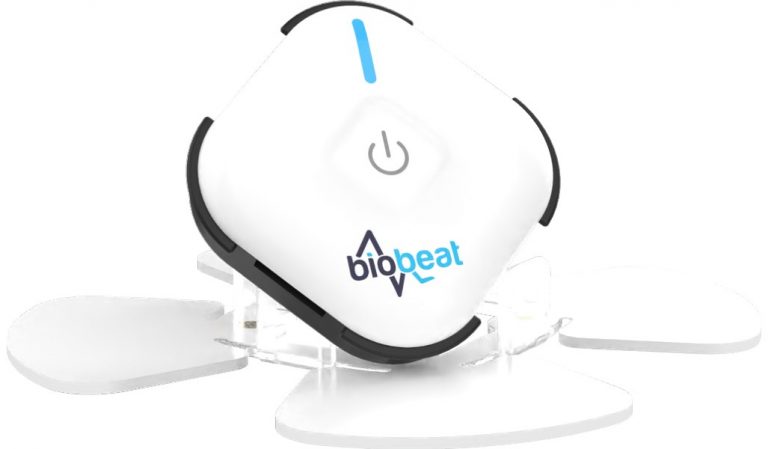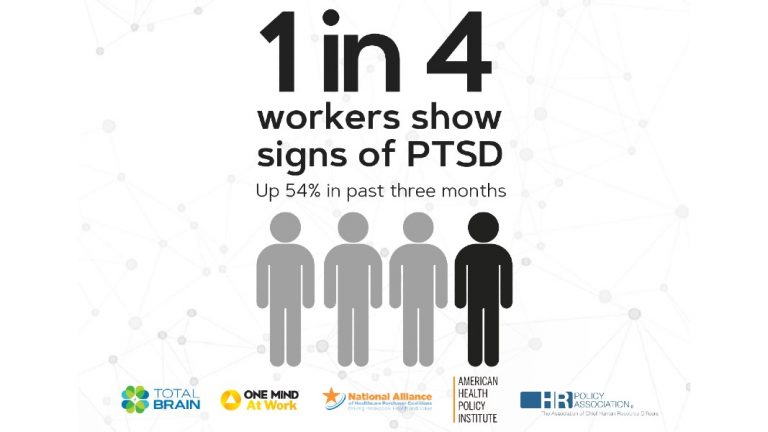81% Of Health Systems Plan to Increase Investment in Care at Home, According to New Current Health Research

Survey finds 69% of health systems experienced high levels of patient and provider satisfaction and saw reduced hospital admissions with remote care in the last 12 months
Current Health, the leading enterprise care at home platform, released new research exploring perceptions, adoption, and trends in remote care delivery. The research – based on a survey of 250 health system decision makers – found that 89% of health systems expanded their use of remote care technology in response to the COVID-19 pandemic, and 81% expect their organization to increase those investments in the next 12 months.
While the pandemic has catalyzed care at home programs, health system leaders report a growing desire to care for more higher-acuity patients in their own homes. Survey respondents indicated that remote care has delivered the key benefits of reduced hospital admissions (69%), and improved patient (63%) and provider (62%) satisfaction. Further, remote care is helping health systems address the long-term challenges of scaling to care for more patients with limited clinical staff.
The regulatory landscape is quickly shifting to incentivize home-based care for more patients. CMS’s Acute Hospital Care at Home program is widely expected to become permanent in some form, and the bipartisan Choose Home Care Act would encourage care at home for higher acuity Medicare patients following hospitalization. In alignment with these initiatives, survey respondents indicated they plan to increase investments in home-based chronic care (64%), Hospital at Home (60%), and transitional care (58%). To participate in these programs, healthcare leaders must be proactive about building and scaling home-based programs that incorporate flexible digital technologies.
According to survey respondents, the key barriers to remote care’s adoption and success are patient and provider engagement, data and workflow integrations, and operational concerns. More than half of all survey respondents reported patient adoption and adherence as a challenge they’ve faced with remote care solutions.
“The pandemic pressure-tested our ability to deliver healthcare in the home and has led to an undeniable shift towards the home as a primary site of care,” said Christopher McCann, CEO and Founder of Current Health. “We’re seeing organizations go from small remote care pilots to enterprise-wide strategies. Current Health is working with leading organizations to serve as mission control for all healthcare outside the hospital, helping them harness insights into patient health in order to inform the design of new care delivery models within the home.”
For more findings from Current Health’s survey, download the Remote Care Delivery: Perceptions, Adoption, and Trends report.






